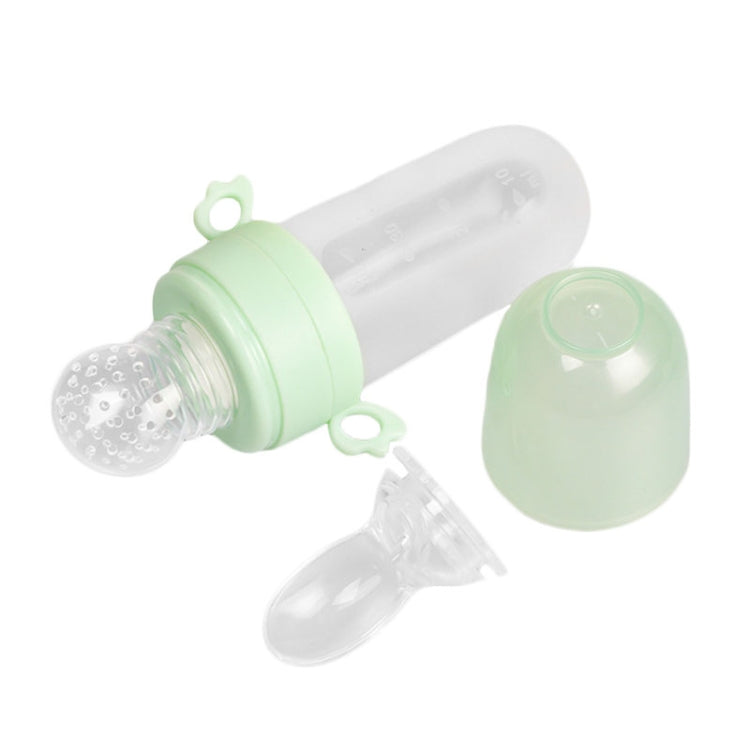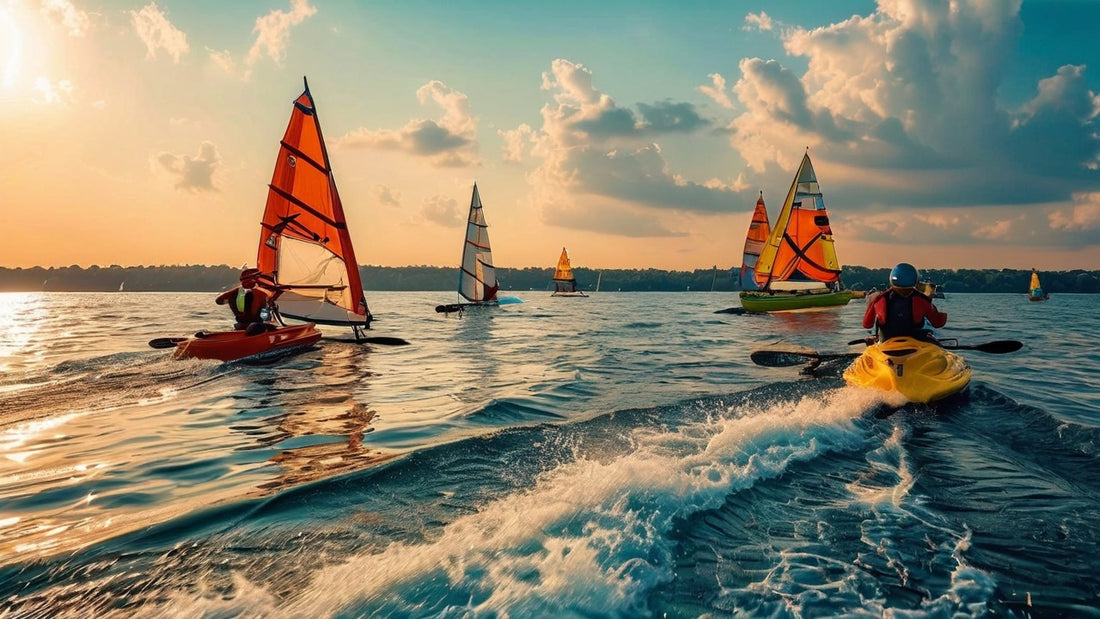
Exploring Water Sports: Types Benefits Accessories and Getting Started
Maham ArbiShare
Types of Water Sports: Surface Underwater and Boating Activities
Water sports make for an exciting way to stay fit and enjoy your time with nature whether diving into the deep blue sea or gliding on the surface of a calm lake, the array of activities makes Water Sports an attractive option for all ages and skill levels the article covers different types of Water Sports the advantages of these kinds of sports some essential accessories safety tips, and how to get started.
Types of Water Sports
Water Sports can be broadly divided into three categories: surface sports underwater sports and boating sports.
Surface Sports: These are the sports that take place on the water surface some common water surface sports include:
Surfing: Riding ocean waves on a surfboard, an activity demanding balance and timing.
SUP: This is standing on a large board where you paddle out to ride water it is perfect for lakes and calm waters.
Windsurfing: It is an activity that combines both elements of sailing and Surfing the participant mounts a sail on the board, and the wind moves the object forward.
Water Skiing: An individual grips a rope being pulled by a boat skiing as he or she moves over the top of the water.
Scuba Diving: A type of special breathing equipment that allows divers to explore the underwater world, including coral reefs and shipwrecks.
Snorkeling: Needs less gear than diving snorkelers float upon the surface of water, and wear a mask, and tube that enables the snorkeler to breathe while looking into waters just a distance away.
Free Diving: No respiratory device is used as one's lung capacity drives exploration underwater.
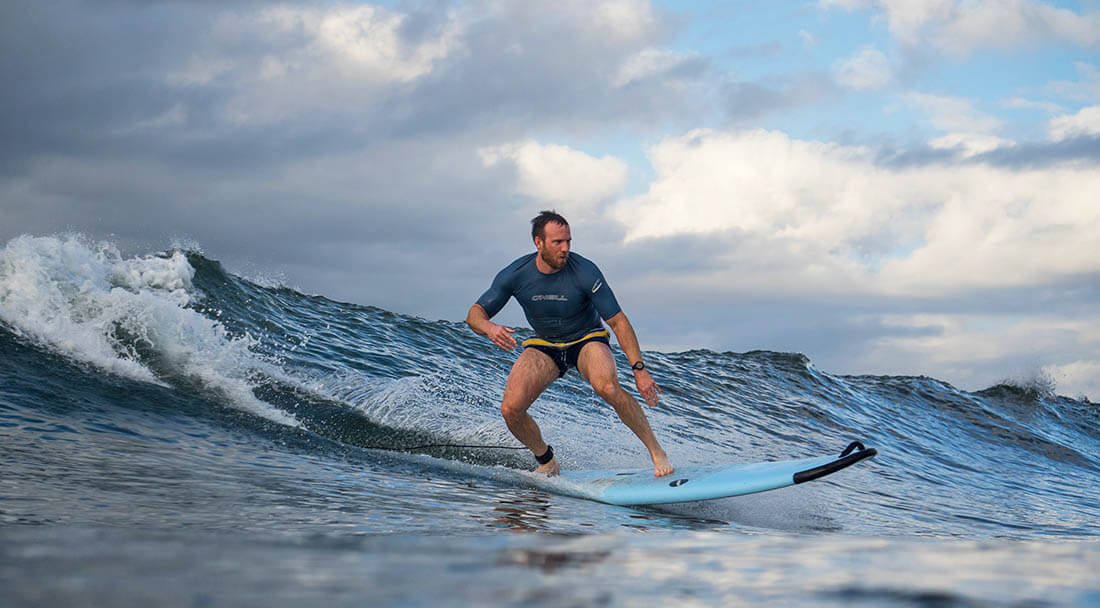
Adventurous Boating Sports
Canoeing and Kayaking: Paddlesports that use the paddles to navigate small boats through the water kayaking can be practiced in calm lakes as well as rushing rivers.
Sailing: Using wind to assist in paddling a boat through the water such an activity takes much skill patience, and experience with the wind, and the currents.
Jet Skiing: Riding on a personal watercraft at high speeds above the lakes or oceans with a thrill and control mix.

Advantages of Water Sports
Water Sports offer great physical and mental well-being hence these activities are enjoyable for both sporty persons as well as amateur participants.
Physical Fitness
Water Sports are perfect for cardio muscle endurance, and strength overall example swimming exercises all major muscles in the body enhances cardio well-being and maintains muscle tone both paddleboarding and kayaking work up a fantastic upper-body strength emphasizing arms shoulders, and core scuba diving improves leg working through momentum from kicking and enhances breath control. Low Impact on Joints most Water Sports such as swimming provide a low-impact workout and are suitable for those with issues related to joints arthritis, or even someone who is healing from an injury.
Psychological Benefits
Being next to or surrounded by water has a soothing effect that results in relaxation and decreased stress levels many studies show that the time spent near water decreases anxiety levels improves mood and enhances mental well-being for example the meditative state that is realized while snorkeling or paddleboarding increases mindfulness and mental clarity. Most Water Sports such as sailing canoeing, or synchronized swimming are team activities that provide stimulation for social contact teamwork, and friendships.

Undergarments for Various Water Sports
Every Water Sport requires specific equipment and accessories for safety comfort, and performance here's a breakdown of various accessories:
Surfboard: The most critical equipment, comes in different types based on skill level and Surfing conditions.
Leash: Attach your ankle to hold the surfboard attached to you rather than drifting away.
Wetsuit: Protects the body from the chilly temperatures involved in open-ocean Surfing.
Mask: Provides clear view underwater.
Fins: Help you push through the water with considerably less energy.
Snorkel or Breathing Apparatus (scuba gear) to replenish air at or even below, the surface Dive Computer (for scuba) monitors your depth dive time, and decompression limits kayaking and Canoeing Extras: Life Jacket (PFD): A must-have in case you turn over.
Sprayskirt protects water from going inside the kayak while paddling through rapids sailing Gear Sails and Rigging expose one to the wind and facilitate pushing the boat forward Boat Safety Gear Some of these include life jackets anchors, and first aid kits Navigation Tools Equip oneself with a compass GPS, and maps to navigate safely.

Water Sports Safety Guidelines
Of significance regardless of the type of Water Sports safety should be a fundamental issue because Water Sports involve risks particularly drowning injury, and dehydration Fundamental safety precautions can reduce risks as follows wear Appropriate Safety Gear: A life jacket, helmet for rafting or kayaking and a wetsuit are essential activities such as scuba diving learning how to use your equipment properly, and having a dive buddy are safety precautions crucial for the practice.
Staying Hydrated: You are surrounded by water yet you need to ensure you stay hydrated The chance of dehydration may occur due to prolonged sun exposure and high physical exertion.
Know the Weather and Water Conditions: check the weather forecast and the tide conditions before participating in Water Sports Always be sure to find bad weather strong currents or heavy winds because these can easily heighten the chances of accidents.
Get Lessons: Most beginners will get the right techniques delivered and ensure the safety of Water Sports through professional lessons many Water Sports require special skills that can only be taught by professional instructors such as in windsurfing scuba diving or sailing.
Know your Limitations: Do not try to push beyond one's physical limitations Water Sports are physically demanding, and overexertion leads to fatigue or injury.
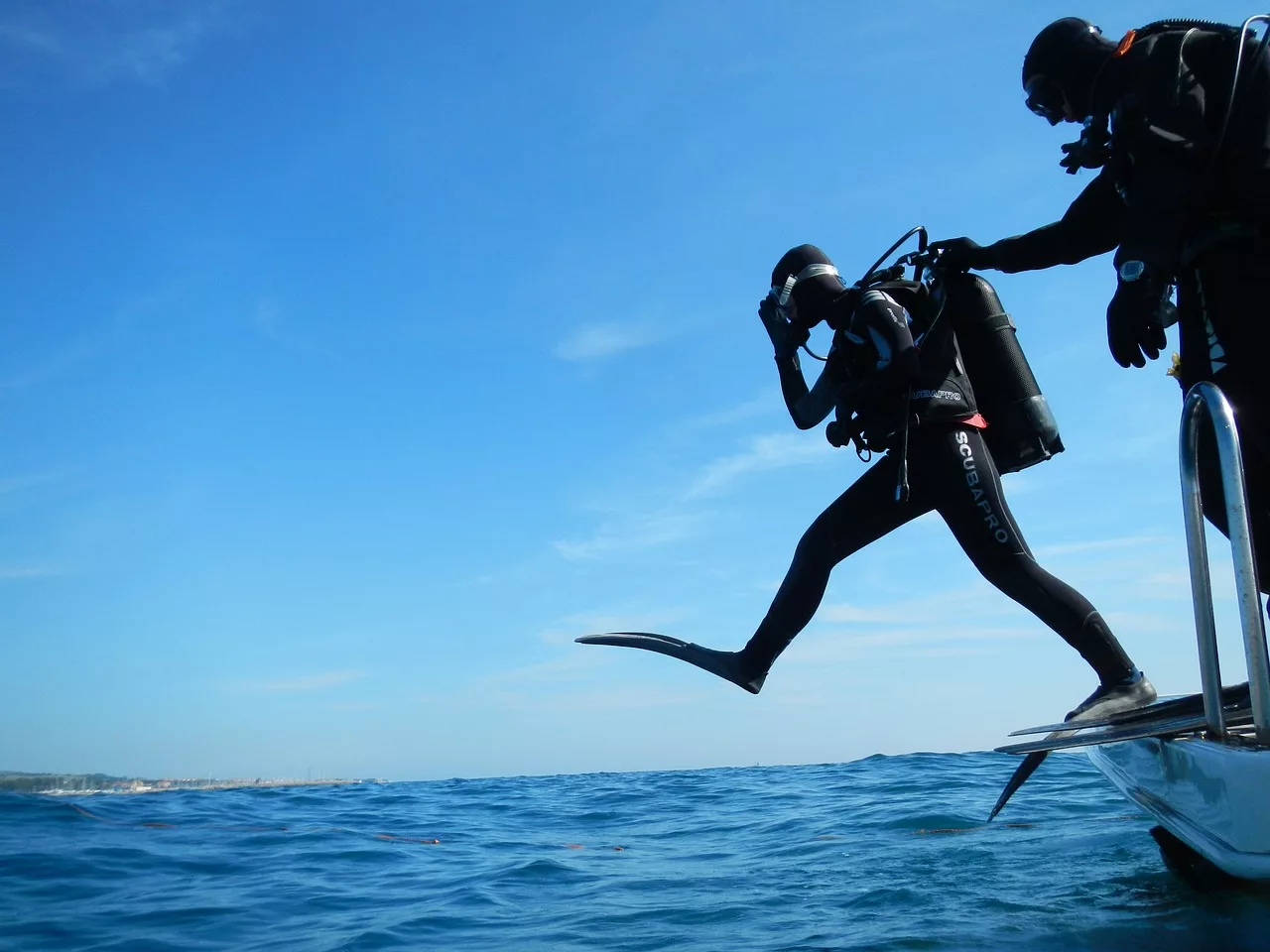
How to Get Started in Water Sports
It doesn't matter if you're a world-class athlete or well-equipped; here are a few starting tips to get you smoothing into the world of water sports:
Start Small: If you're an absolute beginner start with easy activities like paddleboarding or snorkeling which require minimal gear and training.
Take Classes: Most coastal towns or Water Sports hubs offer classes in Surfing sailing or diving with these lessons you would get foundational skills and increase your confidence level.
Join a Community: Many Water Sports like canoeing or sailing have local clubs or groups that offer guidance and equipment as well as camaraderie.
Rent Before You Buy: This is renting equipment before parting with the big money for expensive gear real renting equipment allows you to try your hand at different sports before you make a financial commitment and shows you what suits your needs best.
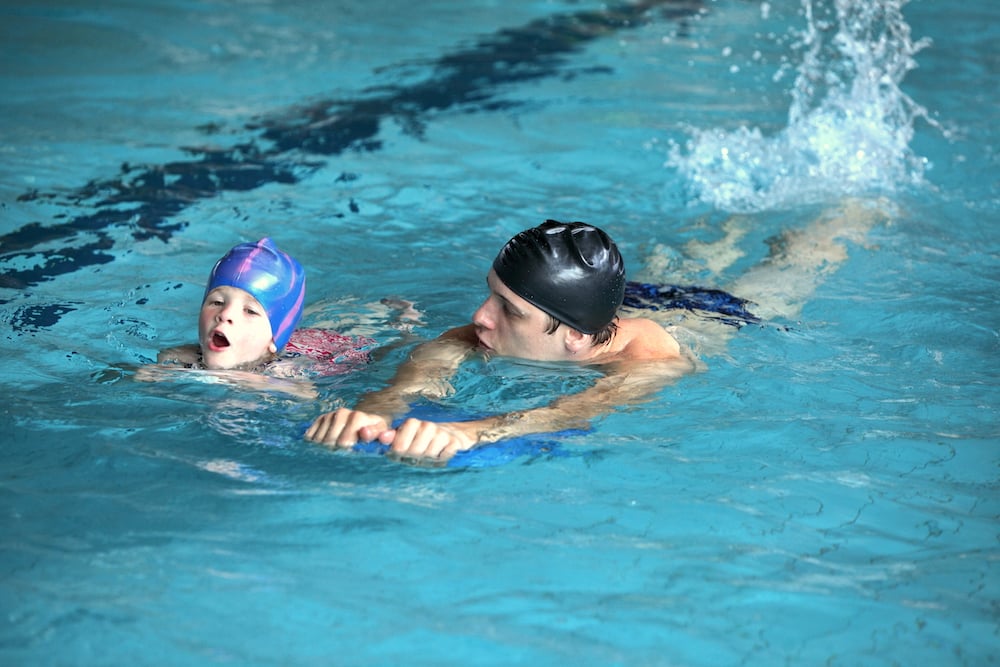
Conclusion
Hence Water Sports represent the perfect exercise for life sport and enjoyment amidst nature with a healthy body and sound mental health the joys of discovering new surroundings lie in wait for everyone if accompanied by the right accessories and safety precautions these activities can guarantee a lifetime of excitement and adventure.
